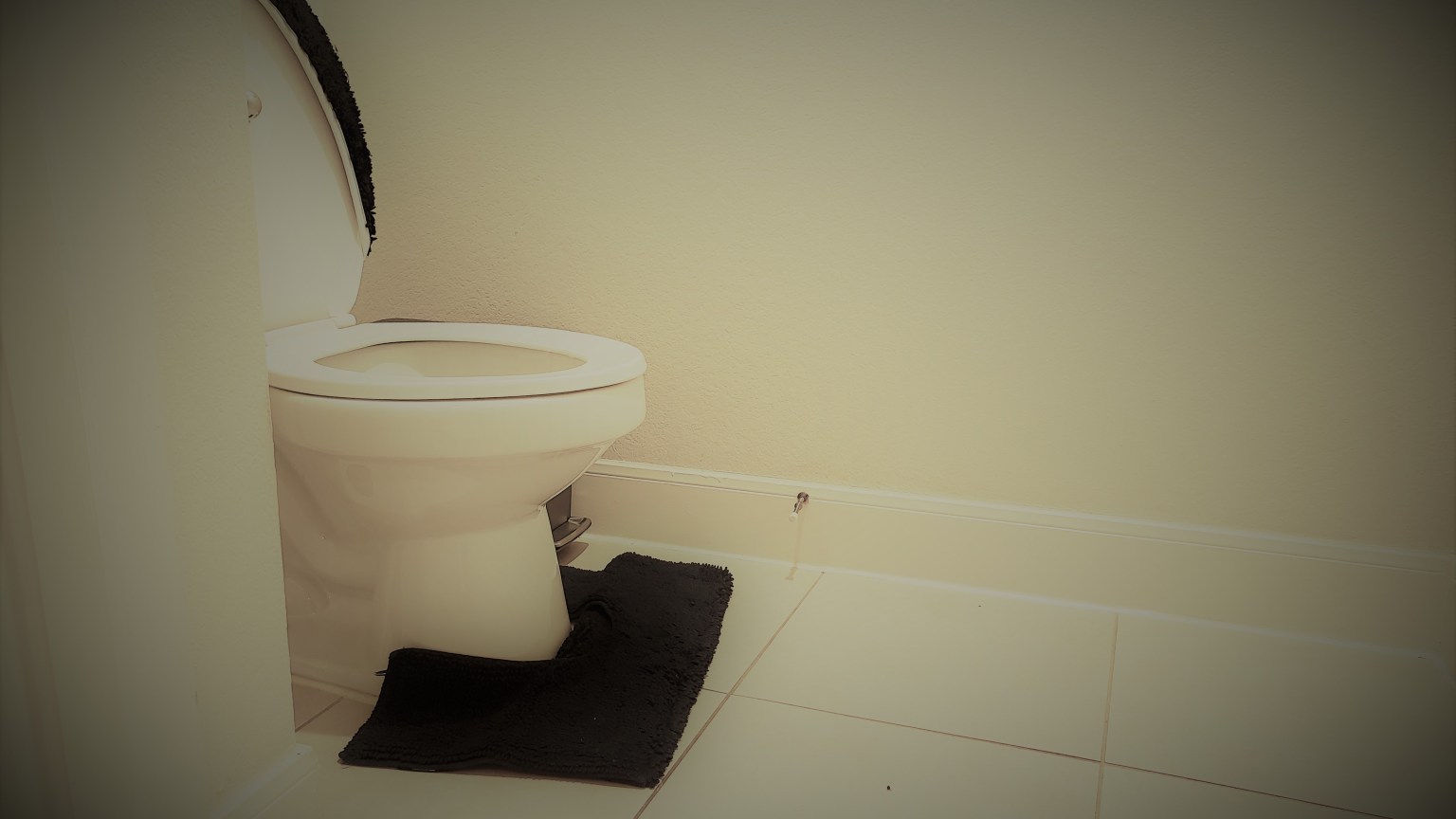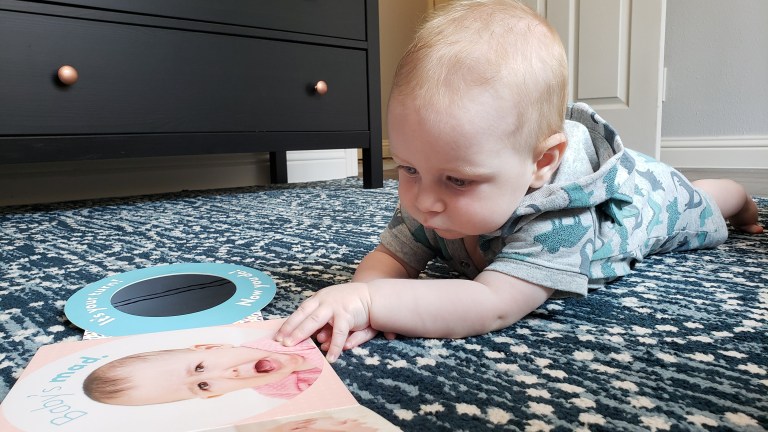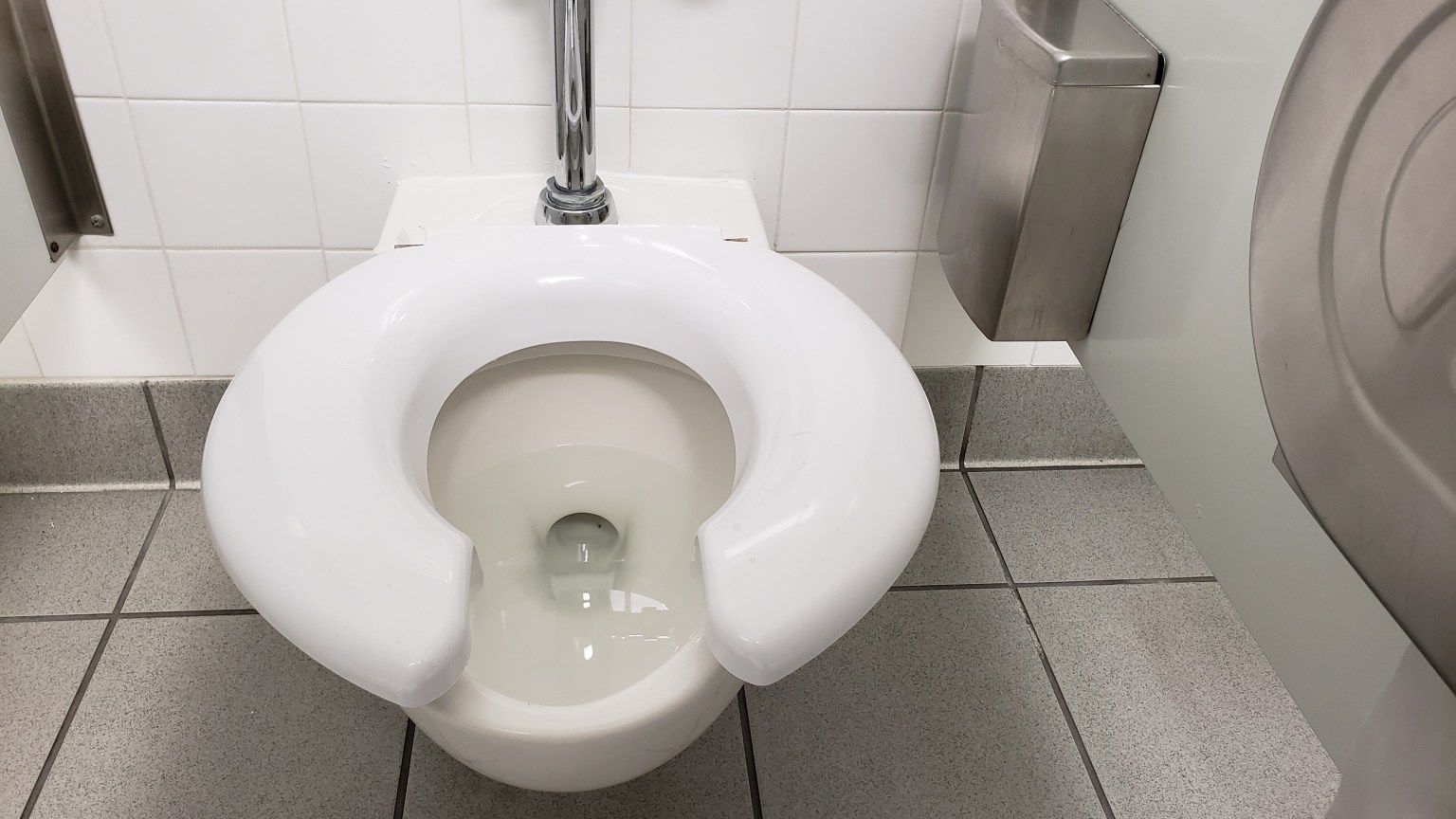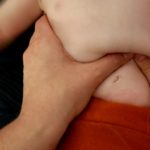Potty training.
It seems like I've heard it all. Wait until they independently take their dirty diapers off. Start before they turn 12 months. Run water and make noises to get them to pee on the toilet. Use stickers and rewards to motivate them. Let them roam free without diapers and they'll potty train themselves.
Potty training has always been a huge topic of discussion when it comes to parenting. There are many different models, and so many strong, and varied opinions. So, what really works?
Well, I'm going to be honest. I'm not a mom (but hopefully will be someday!). But I can tell you what I've seen from the 4 years of experience I have working with kiddos and their families with incontinence and constipation difficulties.
I've encountered a few different scenarios that seem to pop up repeatedly. When I'm hearing the family's story and listening to when challenges with continence or constipation arose, there are several points in time when these challenges often develop.
The first: difficulty in infancy. I've seen a high number of families report difficulties with constipation during a child's infancy. Often, they also report the use of formula or supplementing from birth. I haven't researched everything about formula, and nutrition and the GI tract and microbiome is still relatively new science, but my gut tells me these kiddos have dietary sensitivities, and dairy components may be a contributing factor. In my practice, a large percent of these kiddos improves (though still require physical therapy to habilitate their defecation mechanics) when we make changes to their diet to eliminate the possible foods causing reactions. (But know that it can take 6 to 8 weeks for the inflammatory effects of a food irritant to clear from the body!)
The second: potty training. Families will tell me that they initiated potty training (rather their child), and that the process was difficult. There are often one of two results from that. Either the child never achieved continence and that is why they have been referred to me, OR, the child achieved continence but only for a number of years; now their child is 6, 7, 8 years or older, and presents with new inconvenience or constipation, without an identifiable trigger.
The kids that have good bowel health in infancy, and have a positive, self-initiated potty-training experience, don't develop difficulties, which is why I don't see them in my practice. They kids that I do see in my office typically have one of three time periods in their life when bowel dysfunction began: 1) in infancy, 2) during potty training, or 3) after a traumatic event in their life (think along the lines of the family moving, a new baby in the home, sexual abuse, social factors like bullying, or sedentary lifestyle with poor nutrition).
I can't say that I have looked at all of the potty-training books in existence, or even have my own experience with my own children to go off of. However, I can tell you that based on my profession, what I do for a living, and how I anticipate how my family will pursue potty training, my opinion is this: child-led, no-pressure potty training, which roughly follows the guidelines of T. Berry Brazelton. His research isn't exactly new by current research standards, (it was published in 1962), but was essentially the catalyst for this type of potty training. I like most of the information he offers (with the exception of encouraging boys to stand void).
I pulled a few numbers out of his research that I found interesting. For his research, 1,170 patients were pulled from over 10 years in a pediatric practice. Of those kiddos, 930 achieved bowel and bladder continence simultaneously (versus achieving either urinary or bowel continence first, then the other). Of the 930 kids, 839 (90.3%) achieved full bowel and bladder continence between 24 and 30 months of age. Sixteen (1.4%) of the children had residual challenges (including enuresis, encopresis, and constipation) beyond 5 years of age.
What is most interesting about that last number, is that today in the United States, the prevalence of childhood constipation seems to be much larger than 1.4%. Different studies will show different numbers, and it is difficult to know the exact percentage of children who have constipation, simply because not all children with constipation have been formally diagnosed, however numbers seem to range between 10 and 23%.
Today in the United States, the prevalence of childhood constipation in the general population range between 10 and 23%.
What Brazelton's research demonstrates is that the children in his research (who used his method of potty training) had a decreased percentage of children who ultimately developed some type of bowel or bladder dysfunction, compared to the percentage of children who present with dysfunction today out of the general population.
Potty training is not the only contributing factor to developing constipation or other types of bowel and bladder dysfunction. But in my opinion, it is a factor that plays a role. One factor alone may not be enough to tip the scale and lead a body to develop constipation. But if enough factors do point towards constipation (such as diet, stress, social factors, positioning, and potty training to name a few), at some point, those factors gain control, and the symptoms will start to show.
My opinion is this: I don't want to do anything to contribute to constipation possibly developing or worsening. Knowing there are multiple factors that contribute to bowel dysfunction, I'm doing to do my best to keep all of those factors workings towards health, rather working towards constipation.
The next steps: if you child currently has some type of bowel dysfunction, and has a history of difficult potty training, the first step is letting that go. The next step is helping them have a healthy mindset about toileting and developing appropriate bowel habits.
How was potty training with your child? Are there good habits that they developed during potty training? Are there any unhealthy toileting habits they have carried forward? Are there aspects of the Brazelton method that could help your older child achieve healthier toileting habits?
Related Posts










